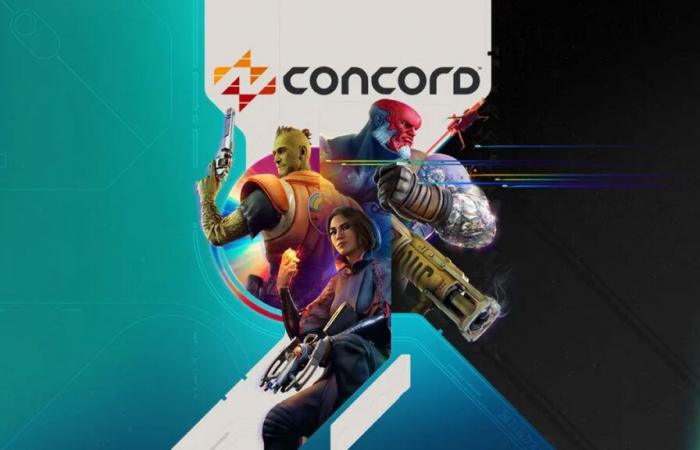Hiroki Totoki, the president of Sony, made resounding statements about the failure of Concord. A disappointment that shook expectations around live service games. Developed by Firewalk Studios, Concord was supposed to be the showcase of the future for Sony in this genre, but after barely two weeks on PS5 and PC, the game was pulled, and Firewalk Studios closed its doors. A hard blow for Sony, which was hoping for major success.
When it was launched, Concord promised an immersive world, full of rich characters and dynamic gameplay. The gender “service game” seemed perfect for this ambitious project. However, the result was very different. The game didn’t appeal, and after a start that was anything but explosive, it disappeared as quickly as it arrived. A real flop.
Totoki quickly reacted by explaining that the last few months had been a “learning experience”. Sony made no secret of the fact that they lacked preparation. According to him, the tests were not thorough enough and came too late in the process. “We should have tested much earlier and more thoroughly”he admitted. This timing and management error appears to have played a key role in Concord’s failure.
But that’s not all. Totoki also mentioned that Sony’s internal structure contributed to this fiasco. “We have a somewhat compartmentalized organization”he admitted. In other words, the different teams, particularly those in development and sales, did not collaborate well enough to avoid strategic errors. This shows that smooth communication between departments is crucial for such complex projects.
This is not the first time that Sony has encountered failure in the field of service games. However, Helldivers 2, another game of this genre, was a huge success. The game attracted as many as 458,709 players on Steam. In comparison, Concord reached a ridiculous peak of just 697 players. The numbers speak for themselves.
For Sony, this failure does not seem to have diminished its ambition in the genre of service games. Totoki and his team announce that they intend to use the lessons learned from Concord to refine their future projects. The plan is to mix high-potential single-player games with service titles, but take less risk at launch. The company wants to ensure stronger releases, with more in-depth testing and better-established launch strategies.
So, Concord didn’t make history the way Sony hoped it would. But the firm learns from its mistakes and wants to recover quickly. The challenge is daunting: finding the balance between innovation and security in a sector where players’ expectations are increasingly high. Sony seems determined not to repeat the same missteps, drawing the right lessons for the future.






